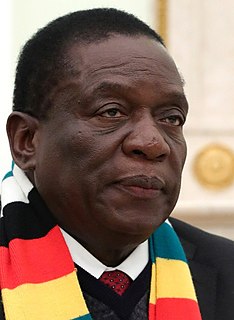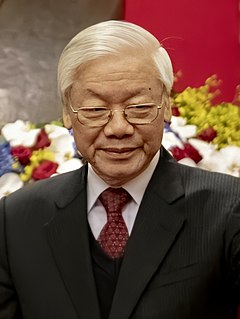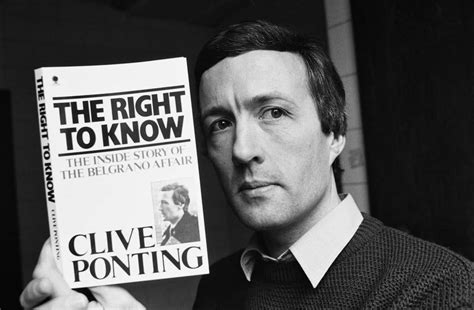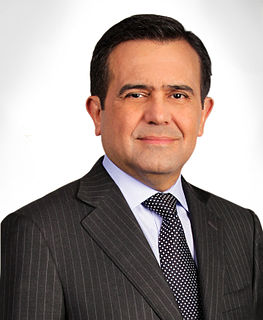A Quote by David Lidington
Cabinet government rests on the principle of collective responsibility: Ministers debate and argue in private but then hammer out a common policy which they all agree to support.
Related Quotes
Personally, I think government is a tool, like a hammer. You can use a hammer to build or you can use a hammer to destroy; there is nothing intrinsically good or evil about the hammer itself. It is the purposes to which it is put and the skill with which it is used that determine whether the hammer's work is good or bad.
I do verily believe that if the principle were to prevail of a common law being in force in the United States (which principle possesses the general government at once of all the powers of the state governments, and reduces us to a single consolidated government), it would become the most corrupt government on the earth.
That government is best which governs the least, so taught the courageous founders of this nation. This simple declaration is diametrically opposed to the all too common philosophy that the government should protect and support one from the cradle to the grave. The policy of the Founding Fathers has made our people and our nation strong. The opposite leads inevitably to moral decay.

































